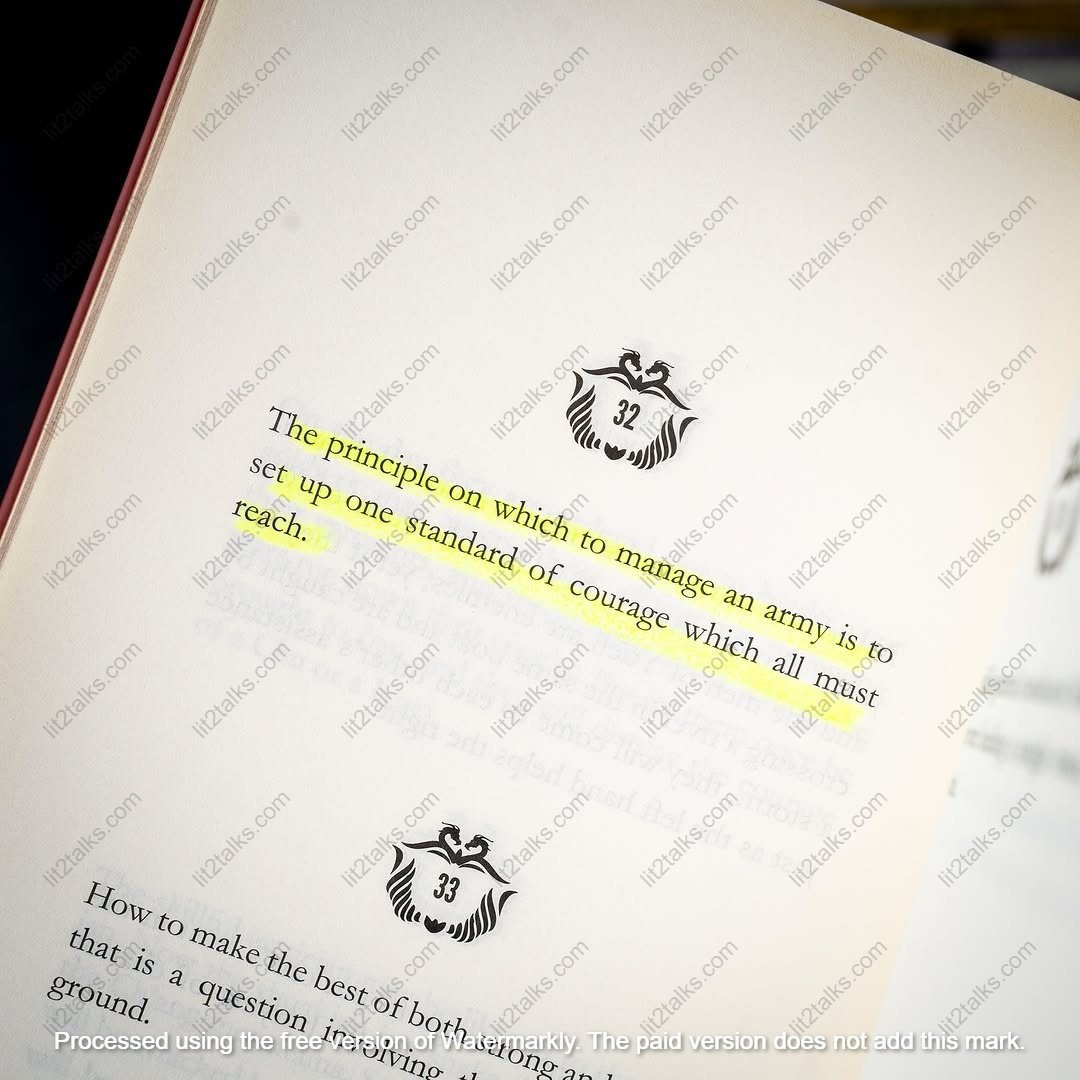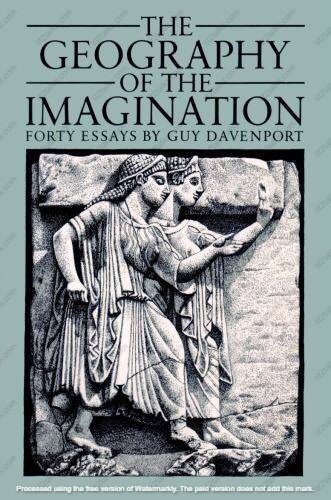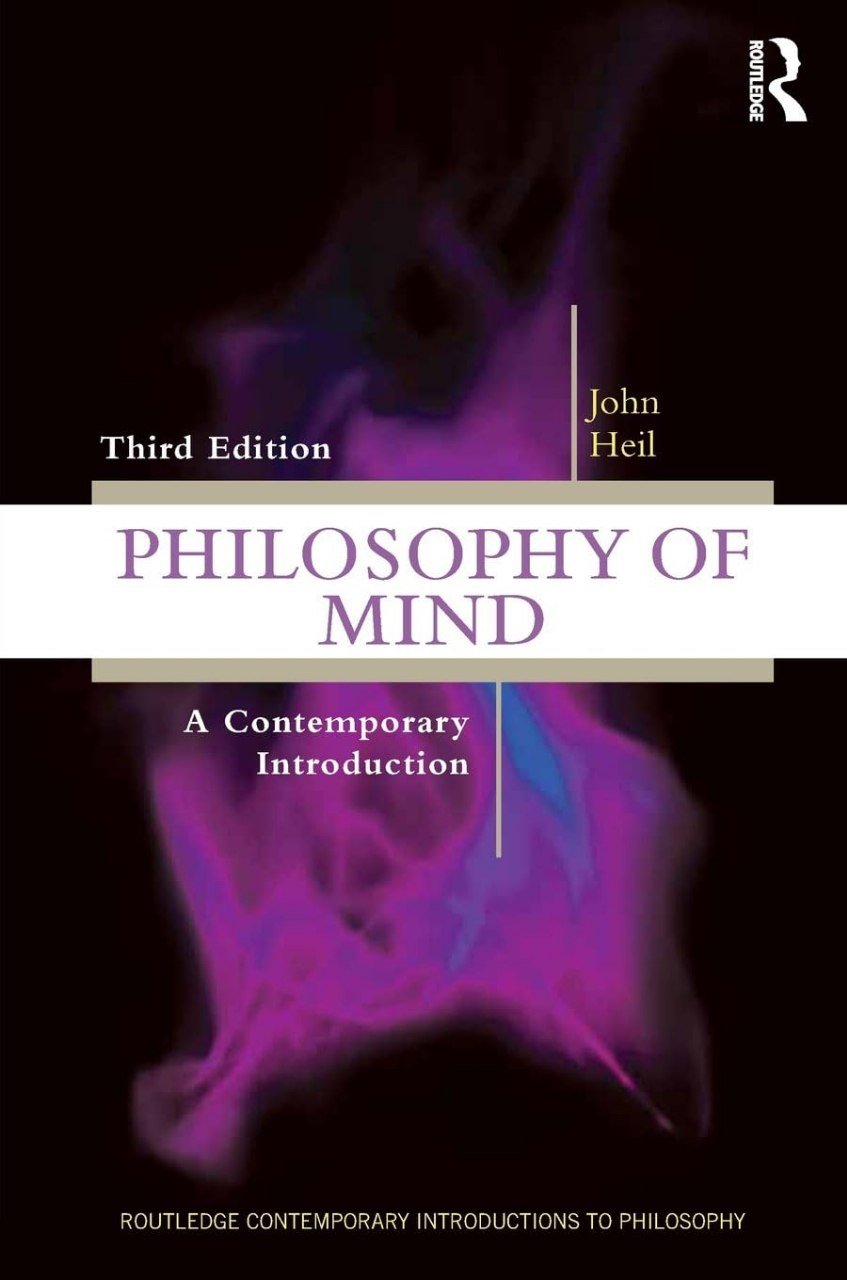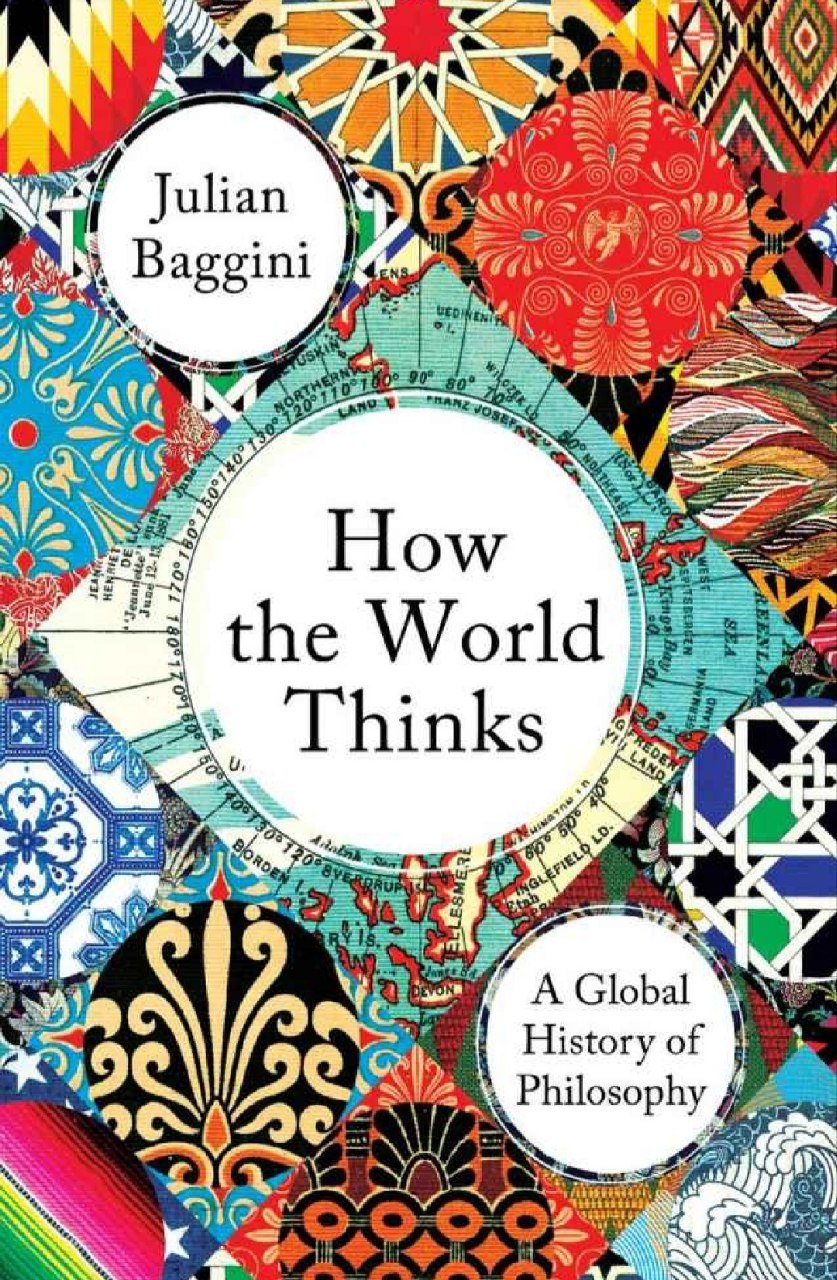

The Empire of Value: A New Foundation for Economics by André Orléan
Reviews
No review yet. Be the first to review this book!
Description
The Empire of Value: A New Foundation for Economics by André Orléan, translated by M.B. DeBevoise, presents a groundbreaking rethinking of economic theory by focusing on the concept of value not as something intrinsic to goods or rooted solely in individual preferences, but as a social construct that emerges from collective beliefs and social interactions. Orléan critiques the dominant paradigm of neoclassical economics, which views value as stemming from the rational choices of autonomous individuals. According to neoclassical theory, prices in the market are the result of aggregated subjective preferences, with utility maximization and rational choice theory forming the bedrock of economic analysis. Orléan argues that this framework neglects the fundamentally relational and social nature of economic valuation. At the heart of Orléan’s theory is the notion that value is not pre-existing, waiting to be revealed by the market, but is instead co-constructed through social processes. He draws on insights from anthropology, sociology, and philosophy, particularly the work of René Girard, to explain how mimetic desire—the tendency of individuals to imitate the desires of others—plays a critical role in the formation of value. In this view, individuals do not independently assess value; rather, their valuations are shaped by their perception of what others value. This collective process generates conventions of value, which in turn stabilize prices and market structures. Orléan challenges the "substantialist" conception of value, which assumes that objects have intrinsic worth, and instead proposes a "relational" conception, where value is a dynamic outcome of social consensus and recognition. He critiques the fetishism of commodities, as originally described by Karl Marx, where social relations between people are obscured by the appearance of value as an inherent property of things. In modern capitalism, this leads to a system where money and prices are treated as objective indicators of value, even though they are products of collective belief systems and institutional practices. A key argument in The Empire of Value is the role of money as a universal equivalent, which Orléan sees as a central institution in the social construction of value. Money not only facilitates exchange but also acts as a symbolic anchor that consolidates the collective belief in value. The legitimacy and stability of money rest on the trust and collective acceptance of its role in representing value. Orléan emphasizes that this trust is a political and social achievement, not a purely economic phenomenon. Furthermore, Orléan critiques the normative neutrality of traditional economics. By denying the social and political dimensions of value creation, mainstream economics obscures the power relations and institutional mechanisms that underpin markets. He argues for an economics that acknowledges its institutional embeddedness and the normative stakes involved in different regimes of valuation. In conclusion, The Empire of Value offers a radical rethinking of the foundations of economics. Orléan moves beyond individualistic, utility-based models to propose a collective, socially grounded theory of value, highlighting the institutional, symbolic, and political dimensions of market life. His work invites economists, sociologists, and political theorists alike to reconsider the nature of markets and the processes through which value is produced and legitimized in contemporary societies.


 May 03, 2025
May 03, 2025


 May 03, 2025
May 03, 2025


 May 03, 2025
May 03, 2025





 May 03, 2025
May 03, 2025






























.jpeg)

.jpeg)



.jpg)


.jpeg)


.jpeg)






.jpg)
.jpeg)


.jpg)

.png)






.jpg)



.jpg)



.jpg)
.jpg)



.jpg)
















































